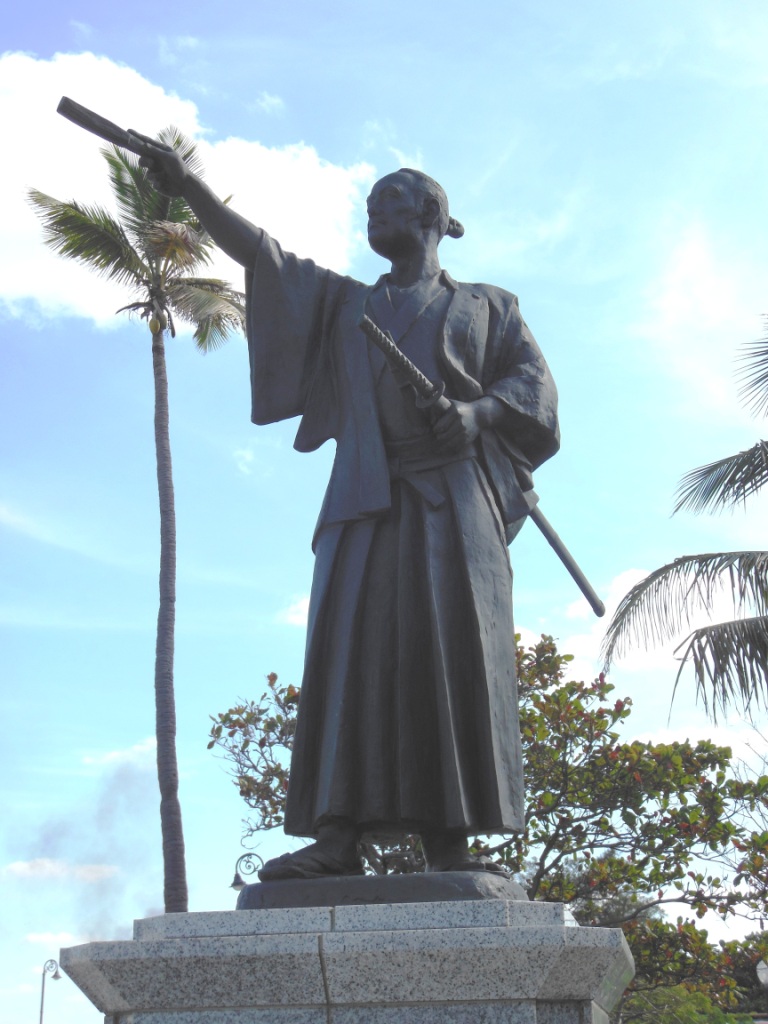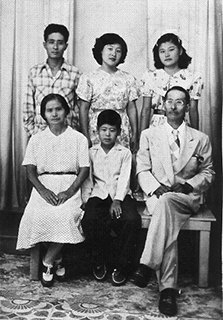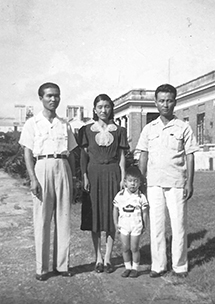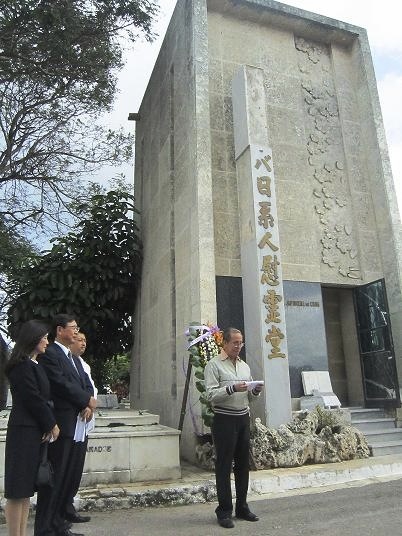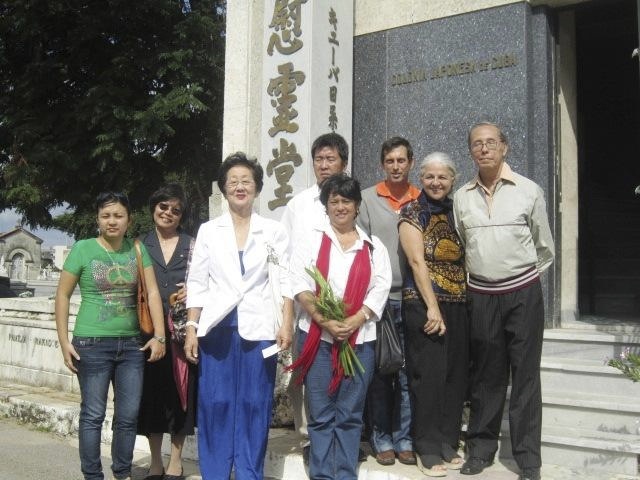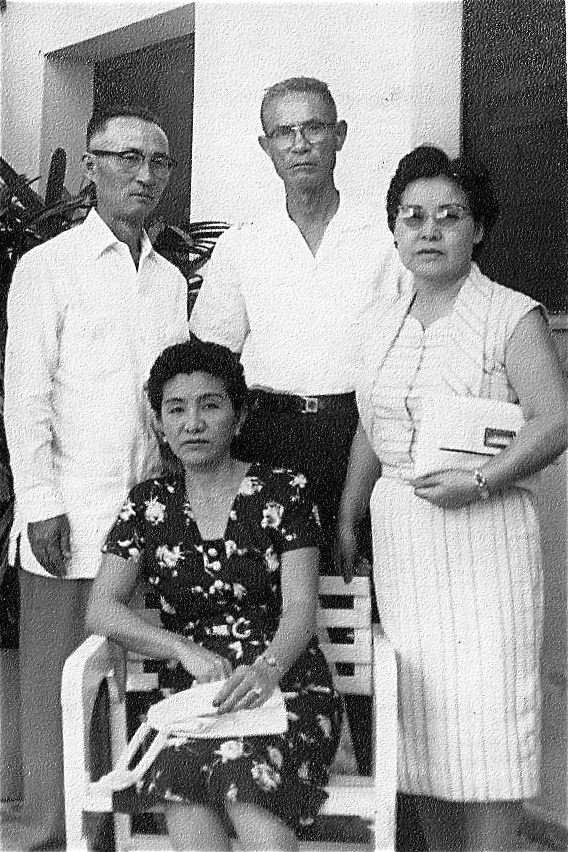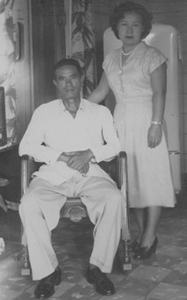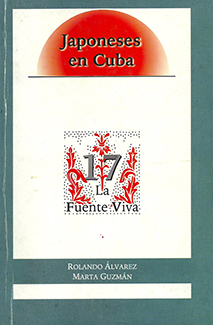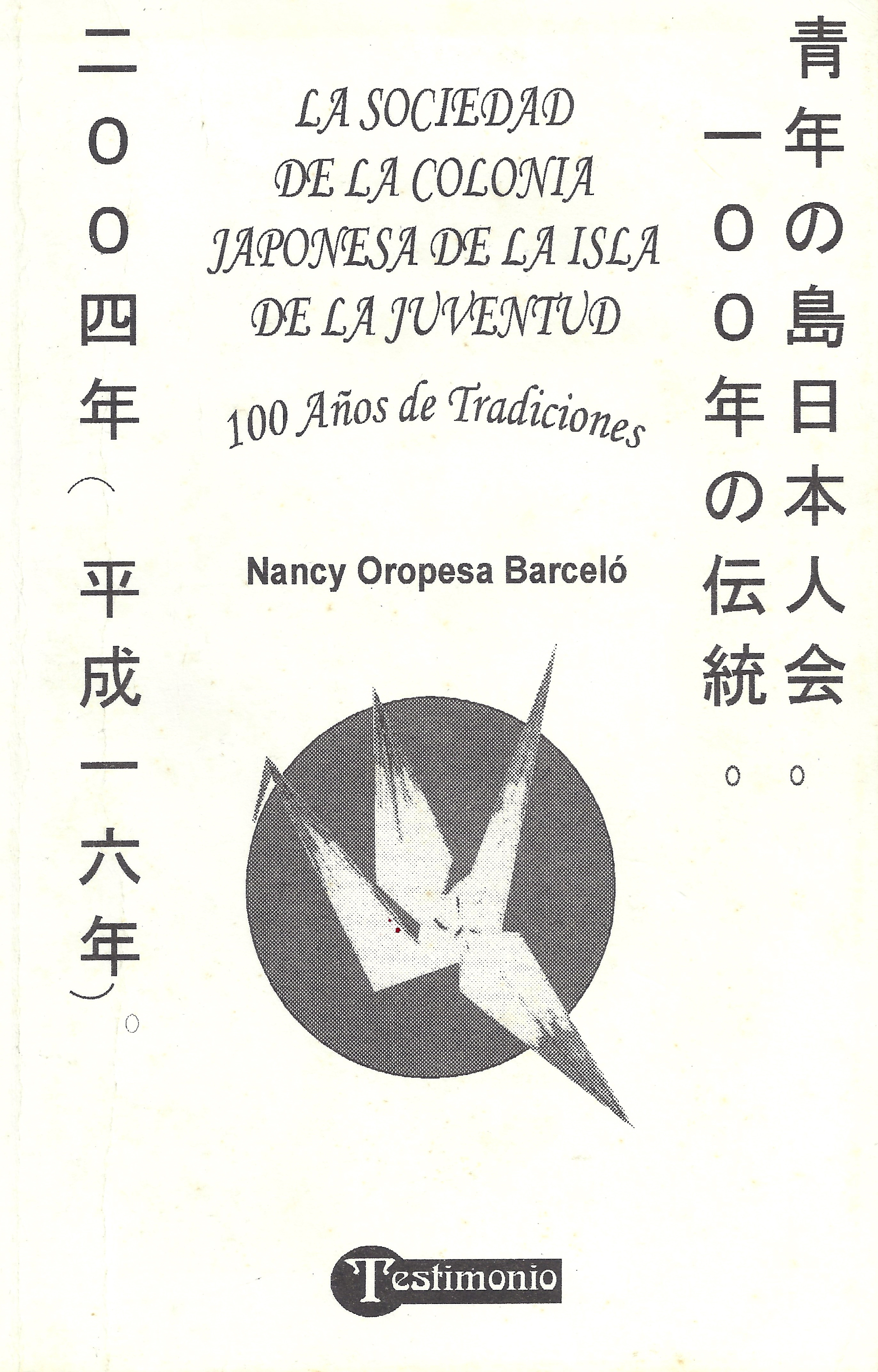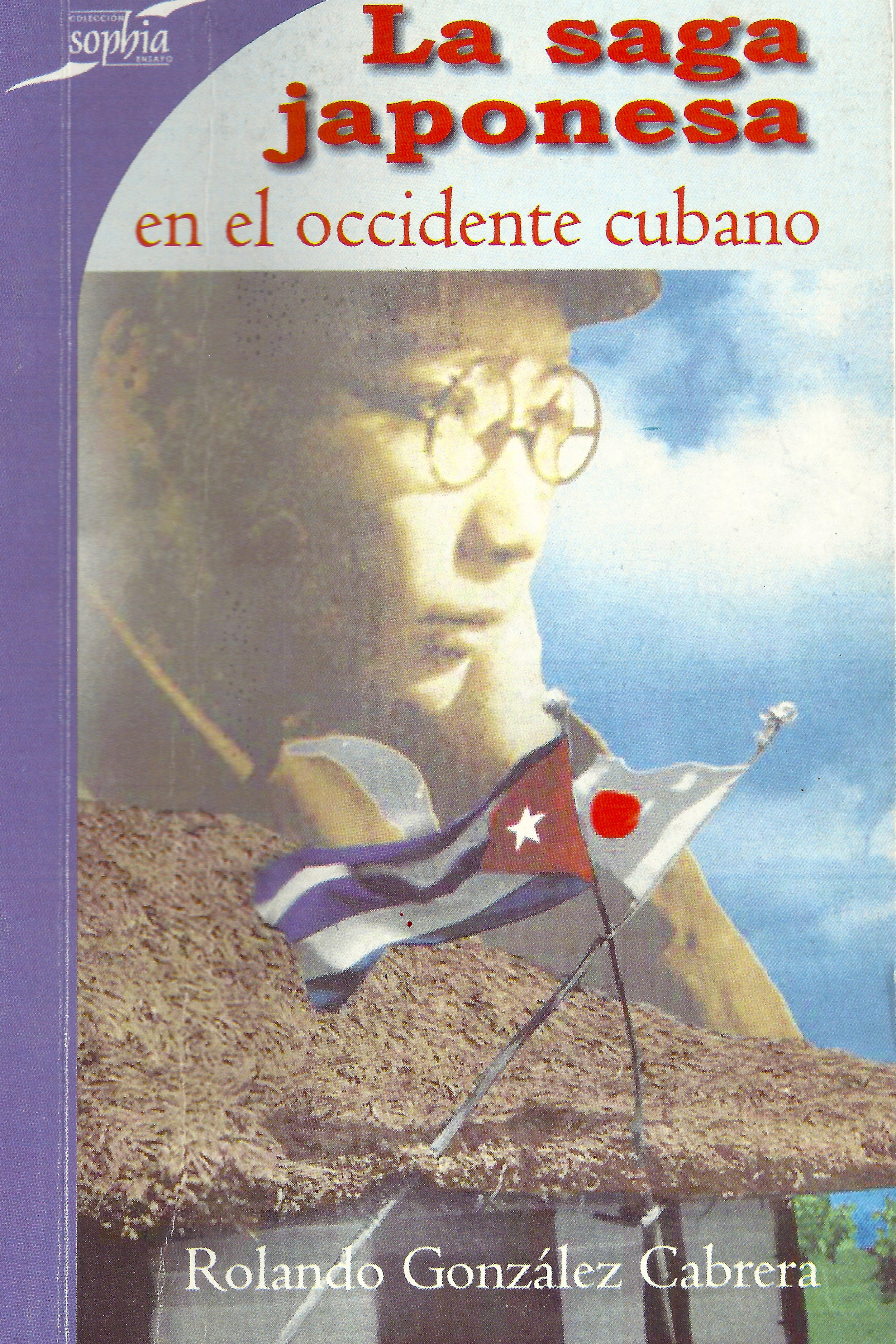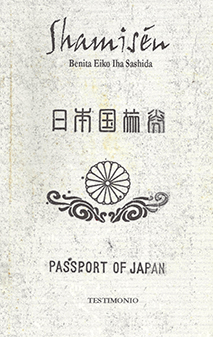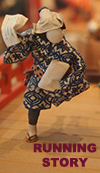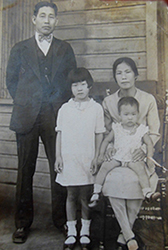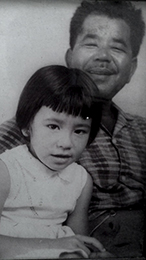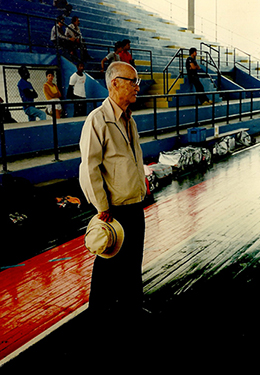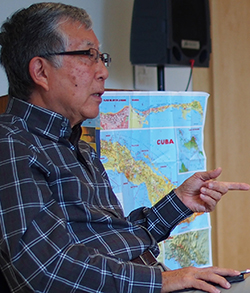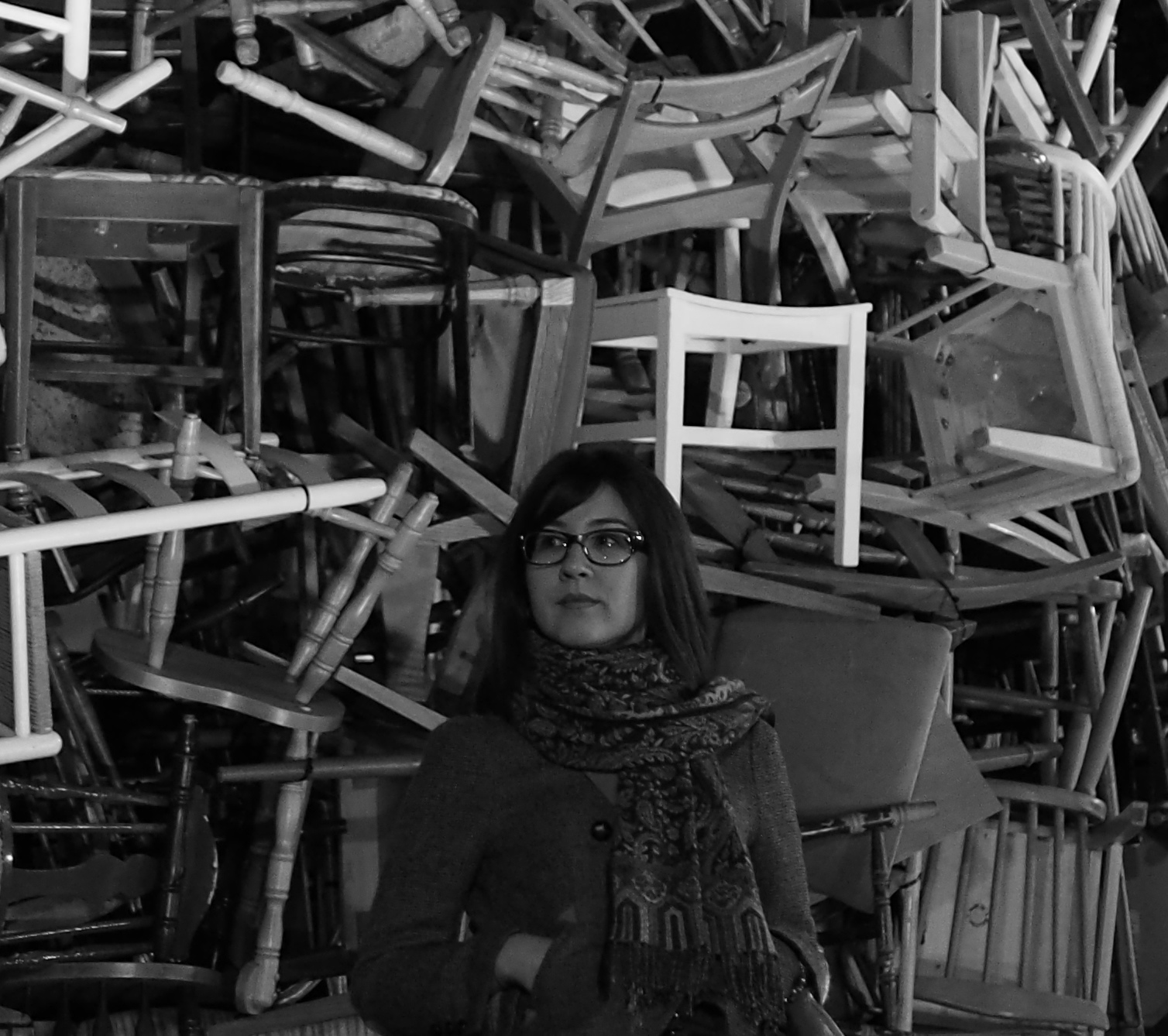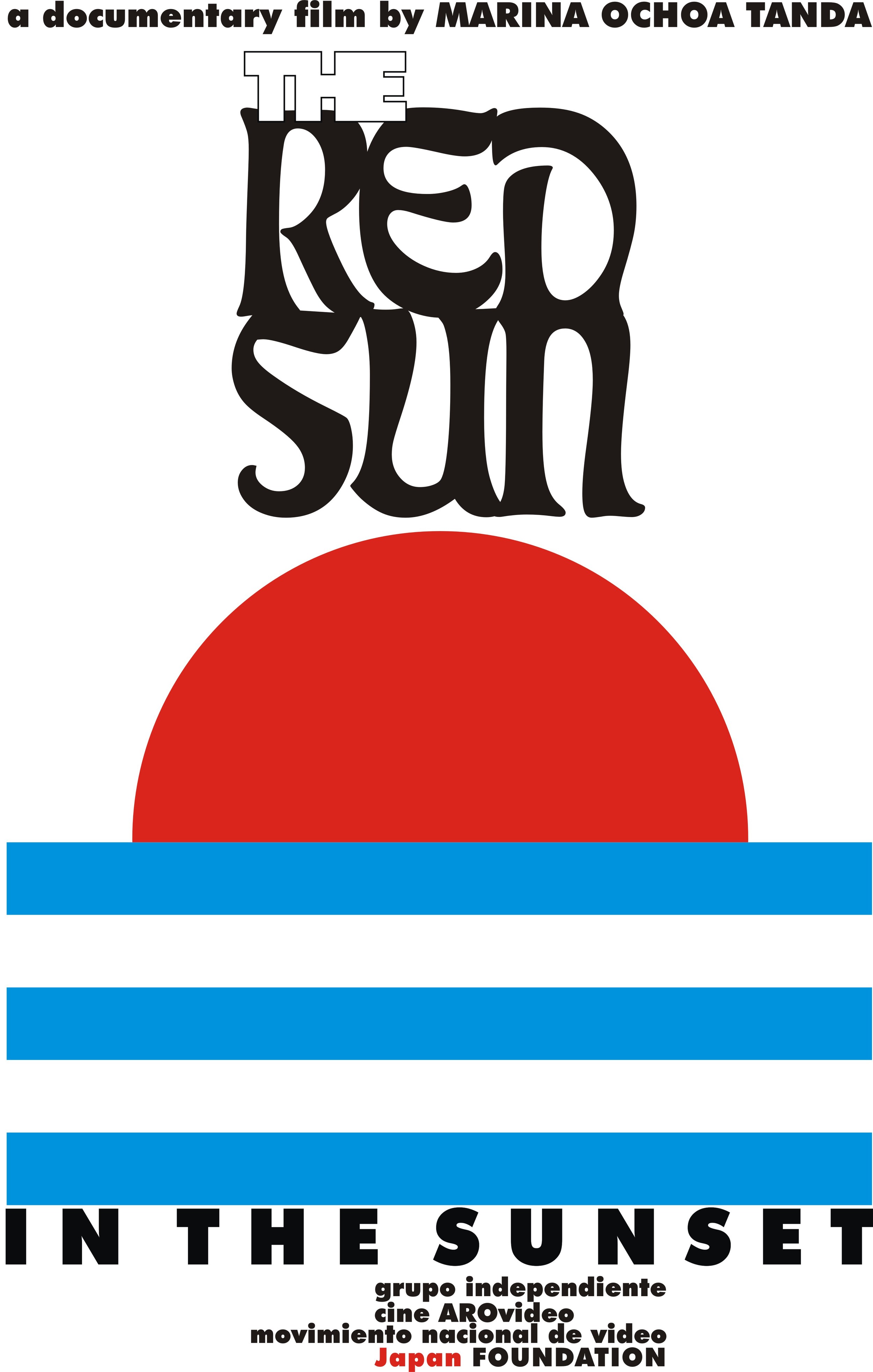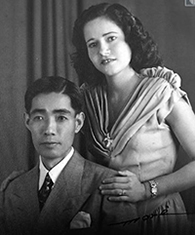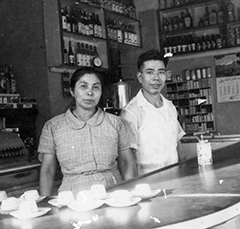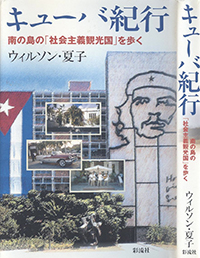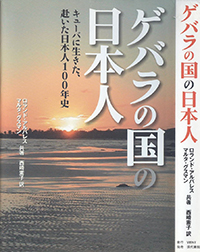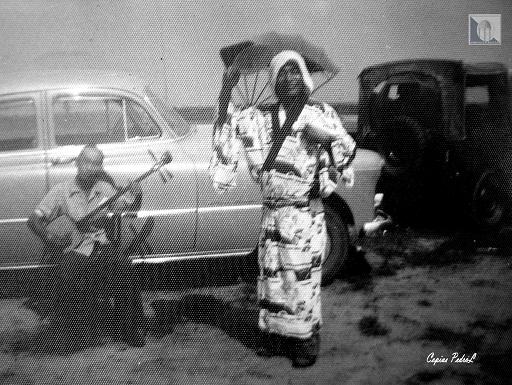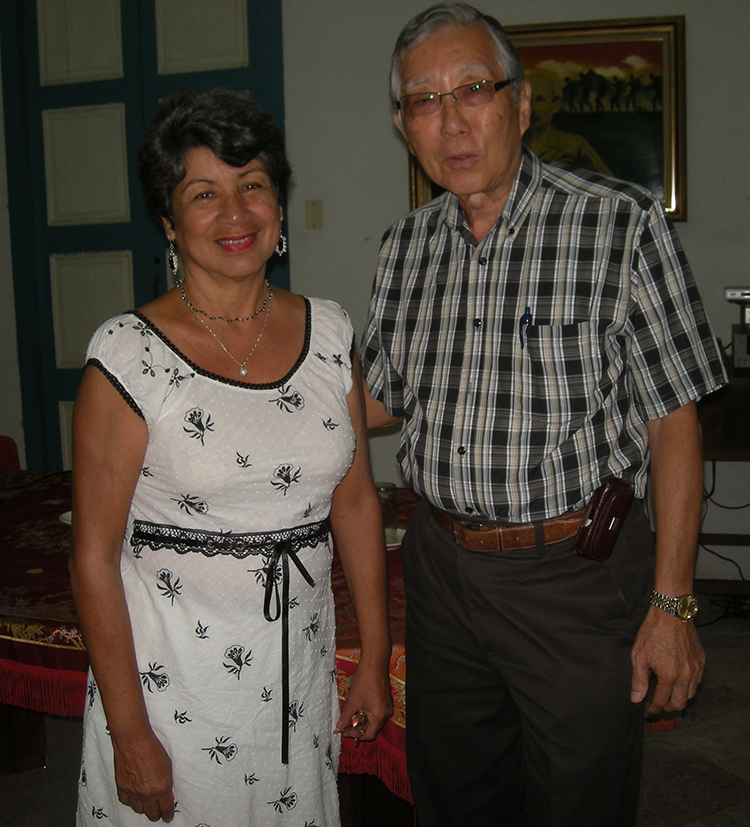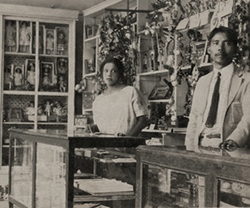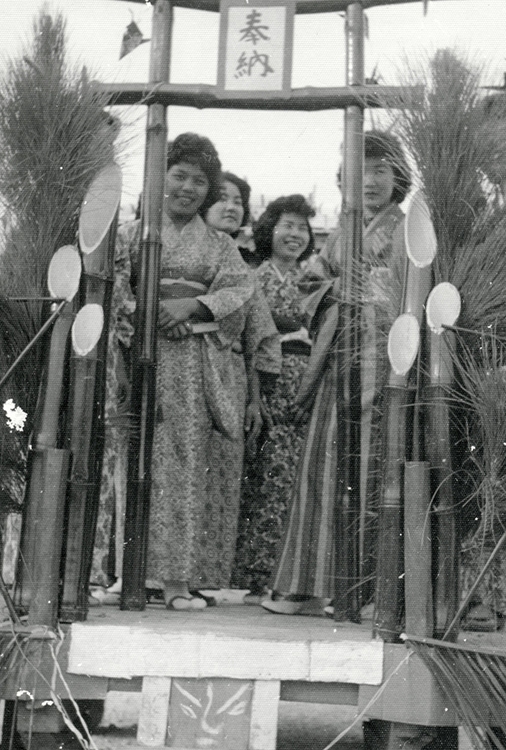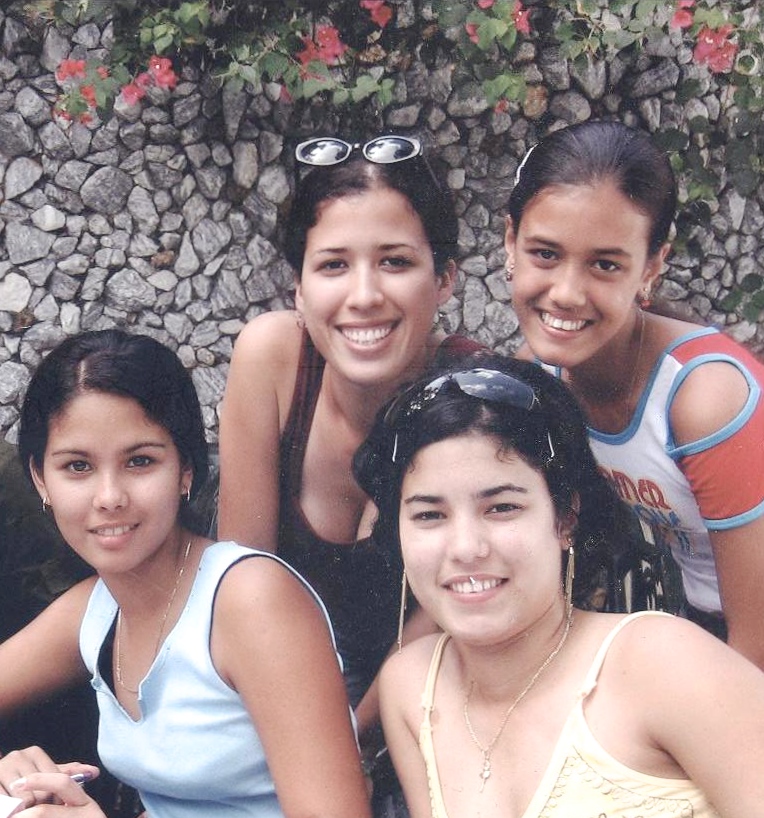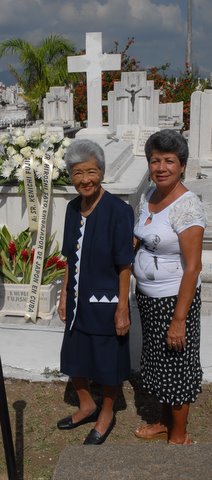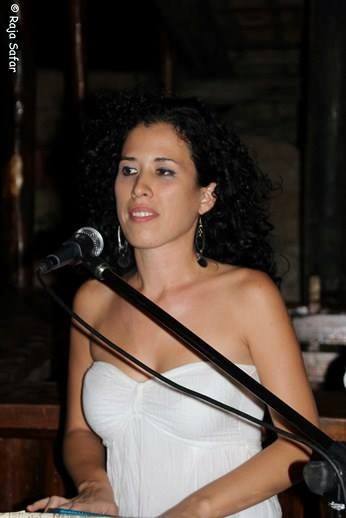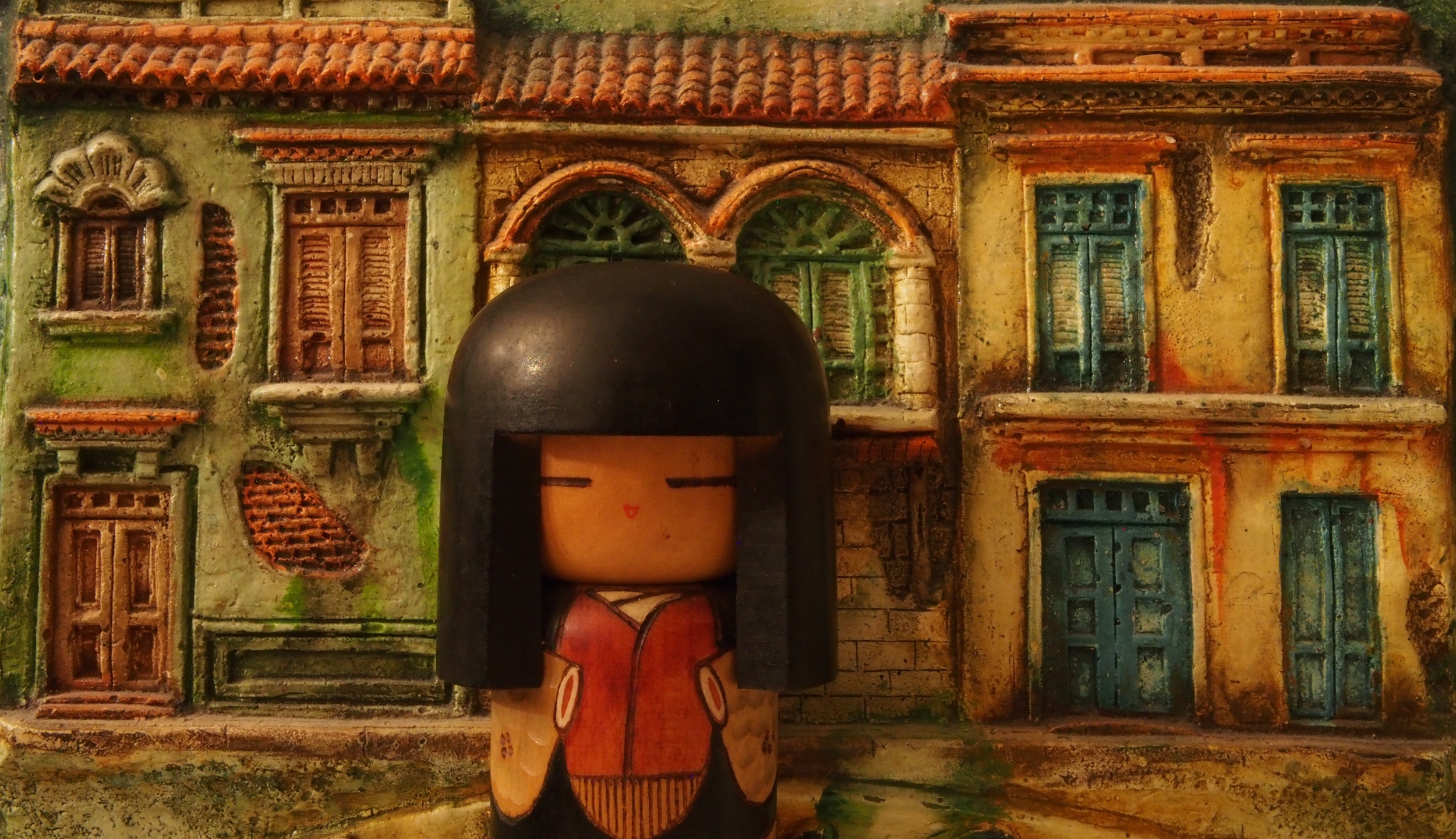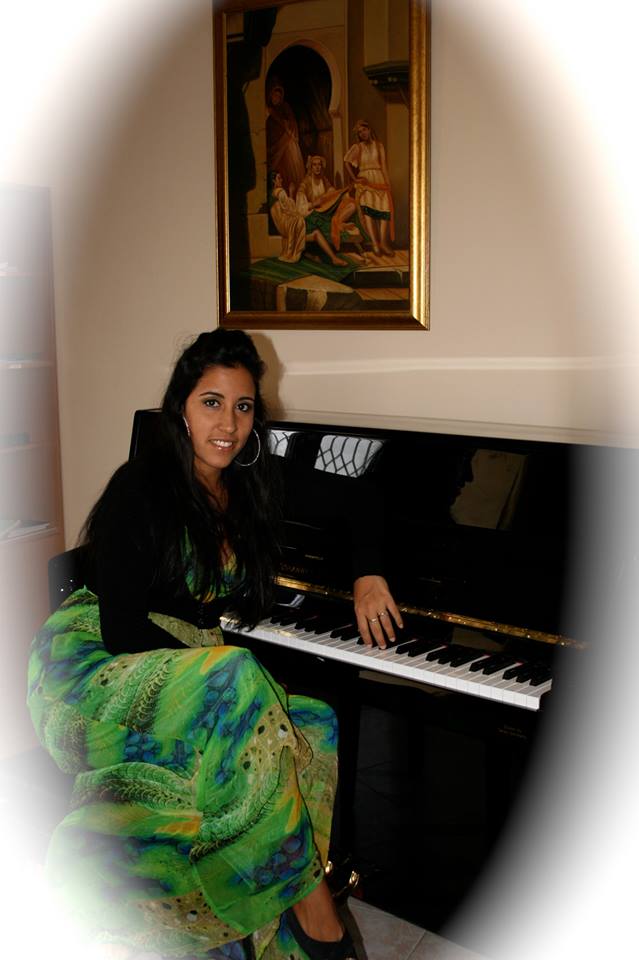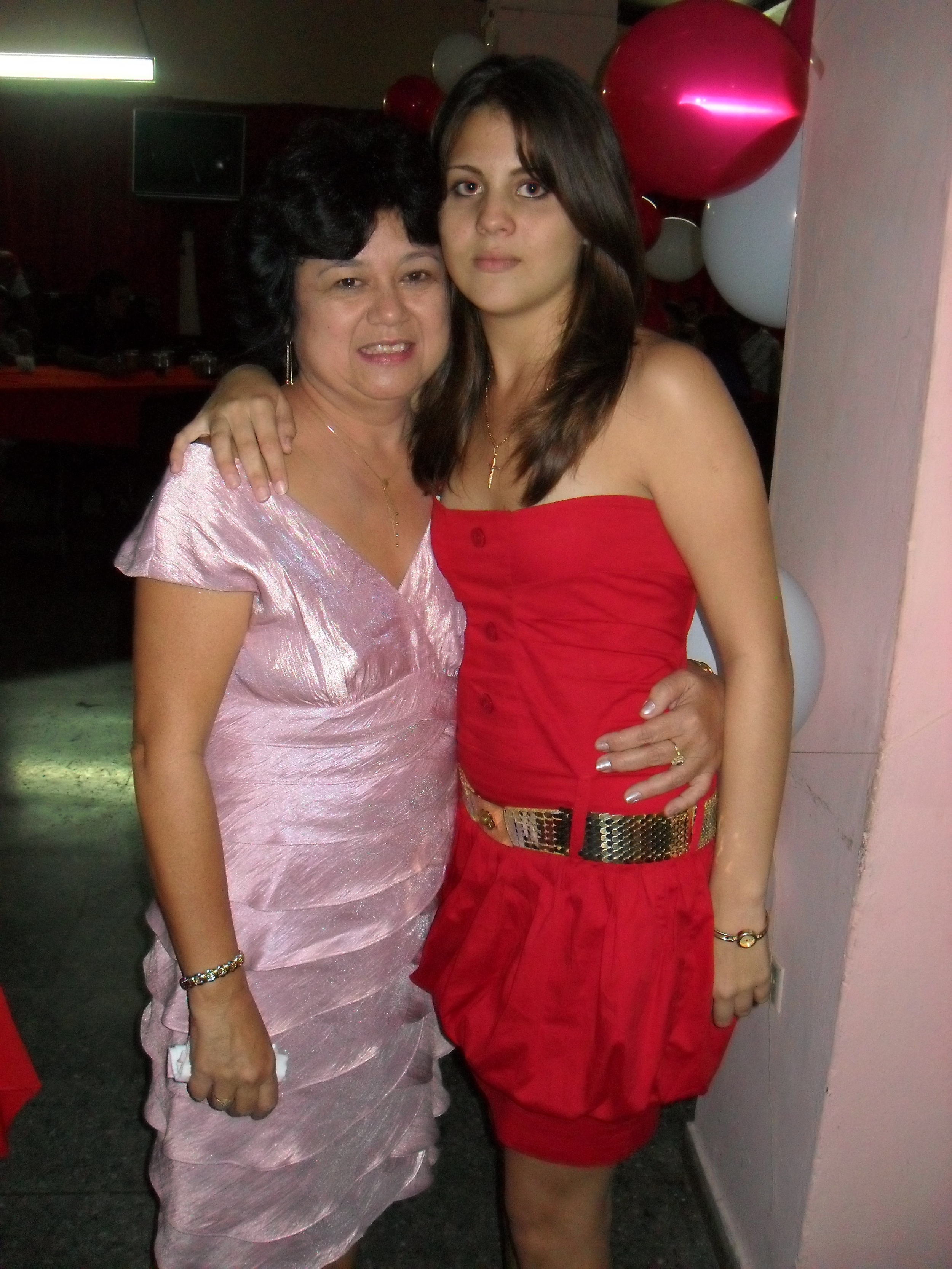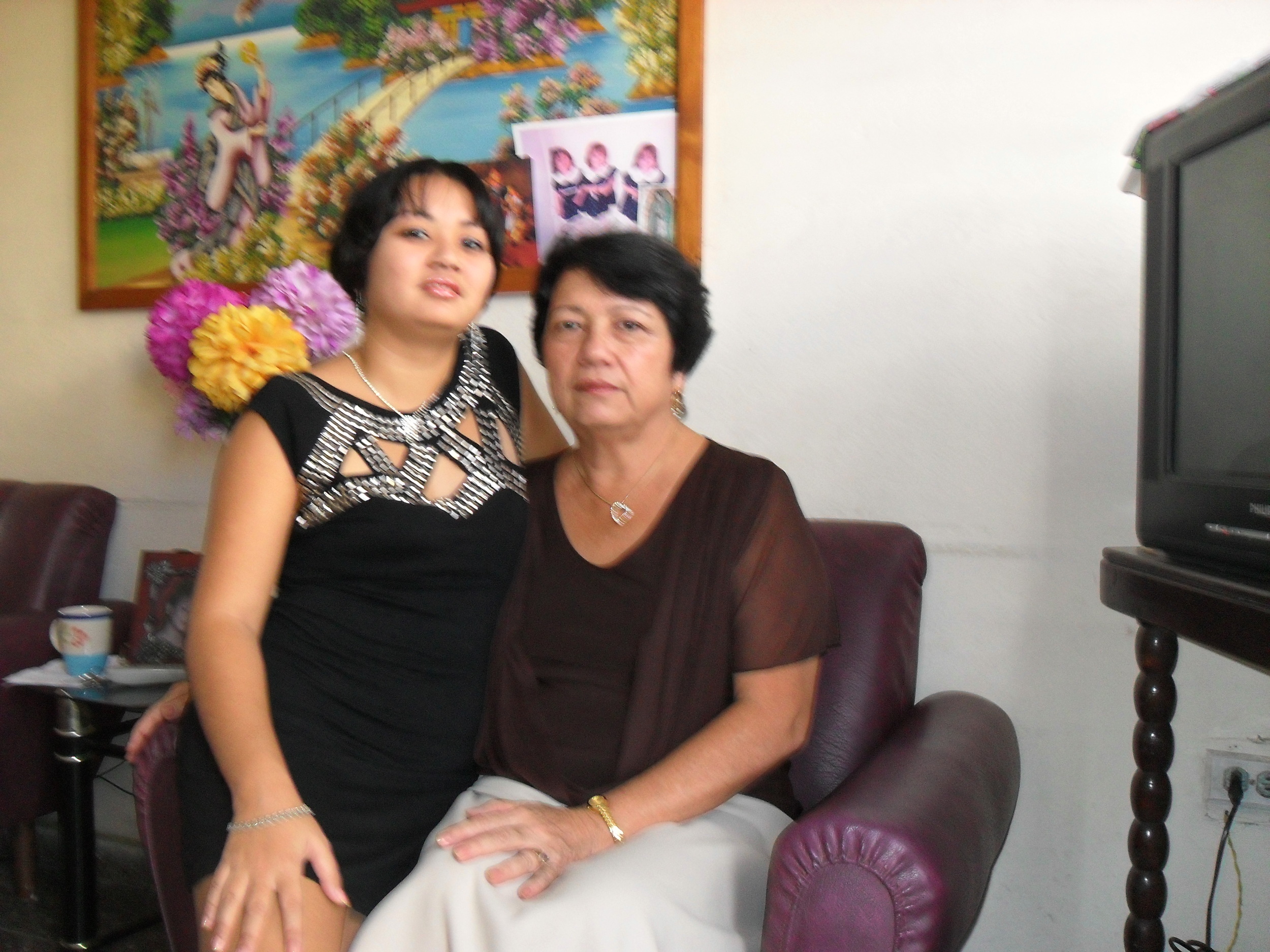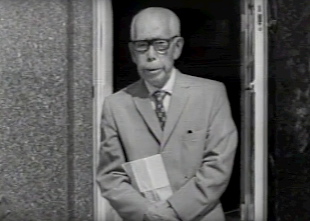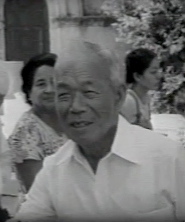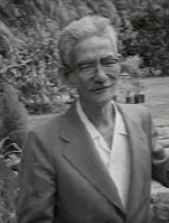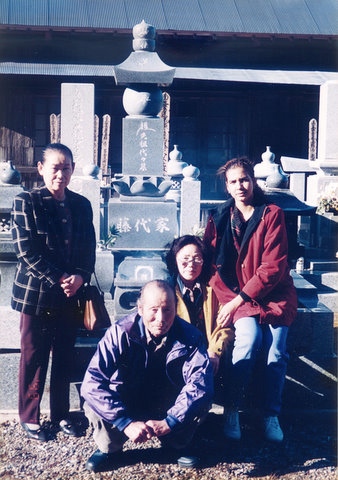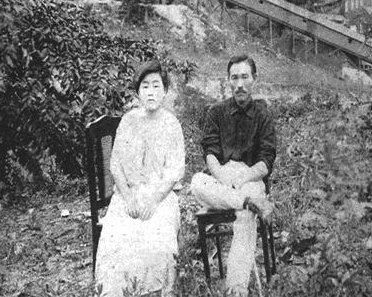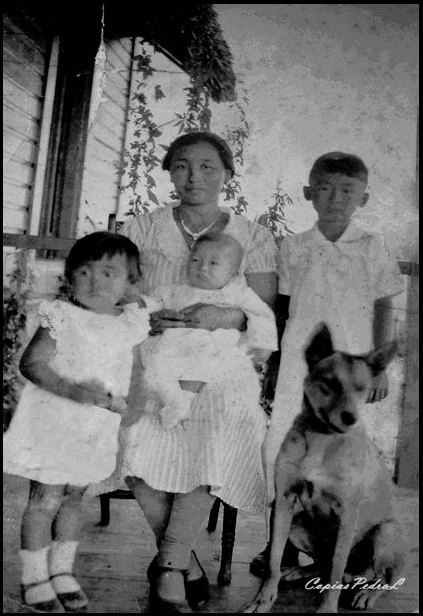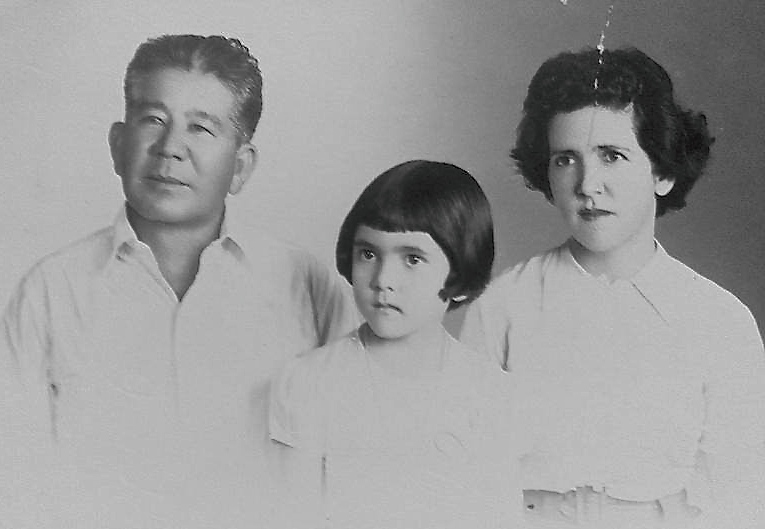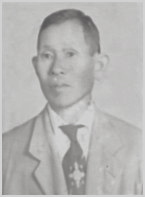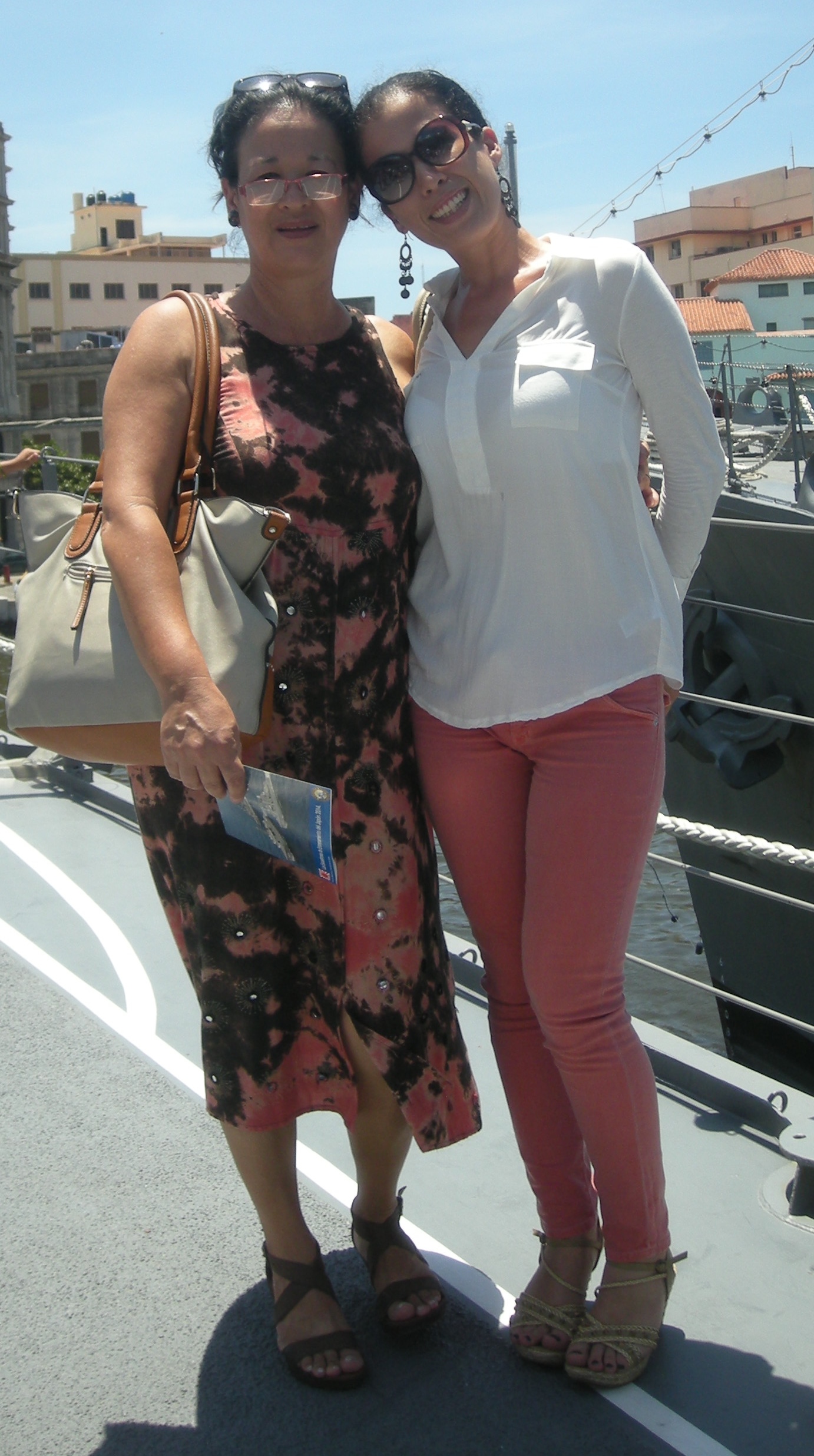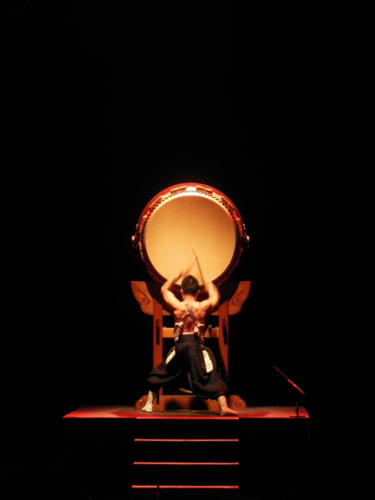Sports City Complex (Ciudad Deportiva)
Japanese immigrants contributed to some aspects of Cuban culture. They introduced a Japanese bonito fishing technique that is still being practiced and worked in the areas of agriculture and floriculture. Some assisted in diplomatic, cultural and commercial exchanges between Cuba and Japan; for instance, many worked as interpreters.
My grandfather, Kanji Miyasaka, was one of these Japanese immigrants who worked as a professional interpreter. Like most Japanese immigrants in that line of work, he didn't have an academic formation. For them it was a circumstantial profession, although this element of luck didn't diminish their translation skills.
Their verbal contribution is less tangible than others, perhaps because spoken words lack the materiality of plants, flowers, or even fishing techniques that can be taught and reproduced from generations. Also, many translations weren't recorded or documented. The interpreters didn’t produce things but a dialogue that moved around different places.
Kanji Miyasaka at the Sports City Complex in Havana.
In the case of my grandfather, Oji as I always called him, there is a place that represents him. He worked for 20 years, until he retired at the age of 82, for the National Institute of Sports, Physical Education and Recreation (INDER, for its Spanish name), which is located at the Sports City Complex (Ciudad Deportiva), in Havana City. There he made possible for Cuban athletes and sport personnel to communicate with many Japanese athletes that visited Cuba on many occasions.
Thus, for Japanese interpreter Kanji Miyasaka his experiences and contributions as a Japanese immigrant in Cuba were deeply connected to the Sports City Complex.
© Miharu M. Miyasaka
日本人の移民はさまざまな方面でキューバの社会に貢献していました。 彼らはカツオ漁を行い、今現在でも使われているその技術をキューバに浸透させ、中には、農業や花づくりの産業の中で働いている人も数多くいました。また他にも、多くの人が通訳という仕事を通して、日本とキューバ間の外交、文化、そして経済を活発にする手助けをしていました。
私の祖父、宮坂かんじも、通訳者として働き、そのような日本人移民の一人でした。他の多くの日本人通訳者がそうであった様に、祖父は通訳のための学校に行ったわけではありませんでしたが、だからといってその事が通訳という仕事の質に影響する事はなく、祖父は立派な通訳者として成功していました。
通訳者という職業は、農業、花作り、漁の様に、形ある、目に見えるものは生み出すわけではありません。彼らは言葉という目に見えないものを扱っていると同時に、当時、多くの場面で、通訳の内容は音声や文章といった形で記録されていなかったことから、今現在彼らの活躍が目に見える形で残っているわけではありませんが、当時、通訳という仕事を通して、彼らの存在はいたるところに重要な役割を果たしていました。
私の祖父には、彼自身を象徴する場所があります。彼は82歳で引退するまでの20年間、ハバナ市に拠点していた総合スポーツ施設の中にある、国営のINDER (Instituto Nacional de Deporte, Educación Física y Recreación) という、スポーツと、体育とレクリエーションに関する協会で働いていました。祖父はそこで通訳として、キューバのスポーツ選手と、キューバを訪れたあらゆる種目の日本人のスポーツ選手の交流の手助けをしていました。
宮坂かんじというキューバに移民した一人の日本人通訳者は、彼の大きな貢献を通して、この総合スポーツ施設と深く繋がっていました。

